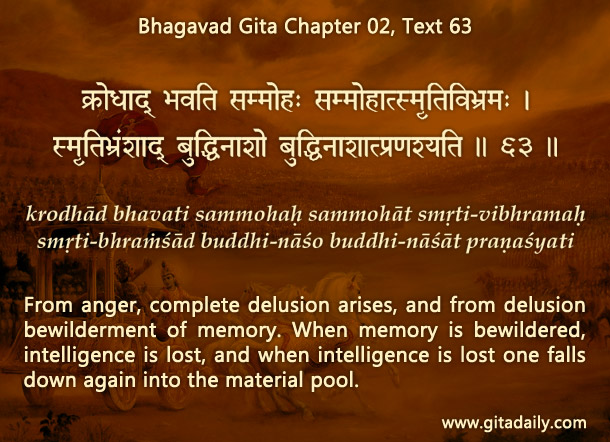The power of negative imagination – Biologically, we are wired more to fear pain than to savor pleasure. In most enjoyable situations, there’s a self-evident limit to how much pleasure we can enjoy — after all, we can only eat so much delicious food, even if more is freely available. In contrast, in most distressful situations, the limit to how much pain we may undergo is not so self-evident. We might get a stomach ache that could last for hours. Or we might end up with a digestive disorder that could hurt for decades. And eventually, pain can become so unbearable as to cause death.
A similar principle applies to our social life. In our office, we would like to be promoted, but we would dislike it much more to be demoted. We consider an improved situation desirable but optional. However, we consider a worsened situation far more undesirable, even unacceptable.
Can we use this wiring that fears the negative to our advantage? Yes; while battling some unhealthy habit, we can envision all the trouble that habit can get us into. The Bhagavad-gita depicts how contemplating tempting objects can set off a sequence (02.62) that ends in self-destruction (02.63). If we look around us in society or look through wisdom-texts, we can find many examples of people whose lower habits got them into big trouble. And if asked, most of them would have said, “I never thought this could happen to me.” That’s because they never imagined vividly enough to realize how predictable such a disaster was.
If we exercise our negative imagination adequately and appropriately , we can be better motivated to prevent a negative reality.
One-sentence summary:
To motivate ourselves to break free of bad habits, visualize how bad things can become if we stay stuck with those habits.
Think it over:
- How are we wired to fear the negative more than enjoy the positive?
- Contemplate an example of someone who got into big trouble because of neglecting an unhealthy habit.
- In your pursuit of self-improvement, how can you use the power of negative imagination?
***
02.63: From anger, complete delusion arises, and from delusion bewilderment of memory. When memory is bewildered, intelligence is lost, and when intelligence is lost one falls down again into the material pool.


Leave A Comment